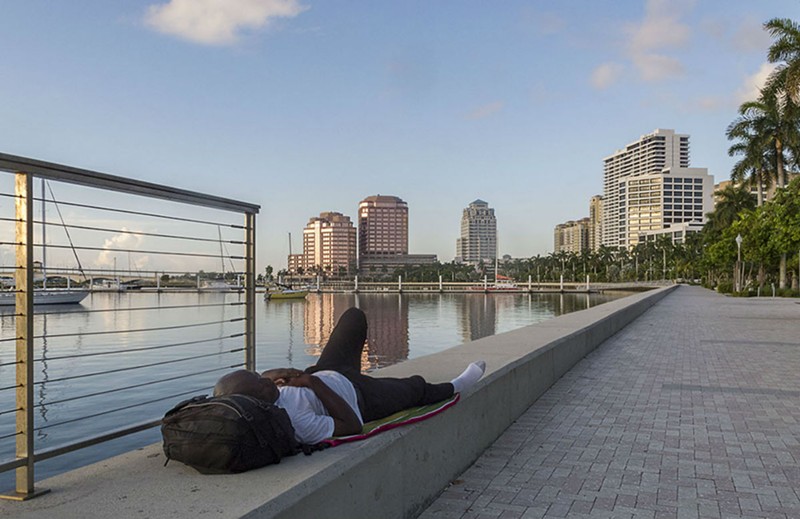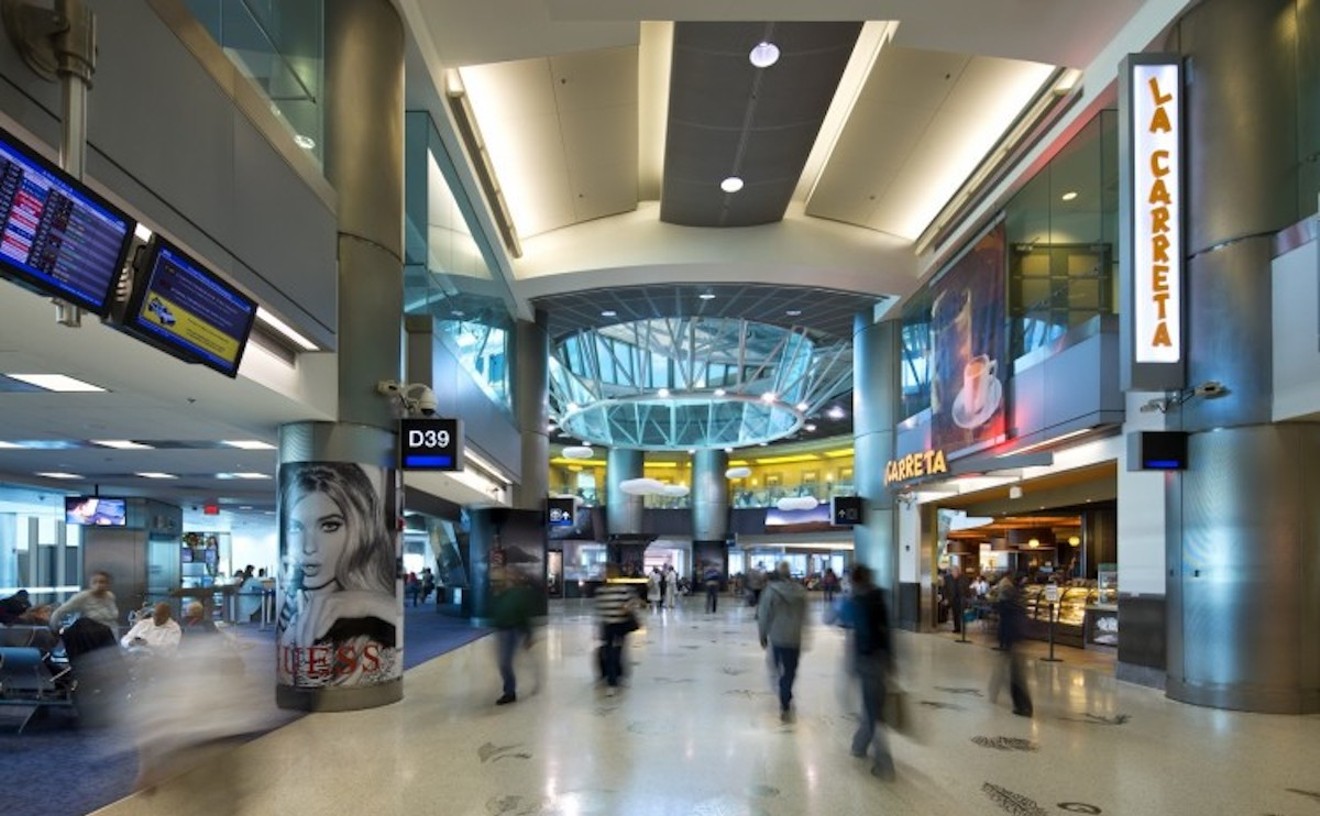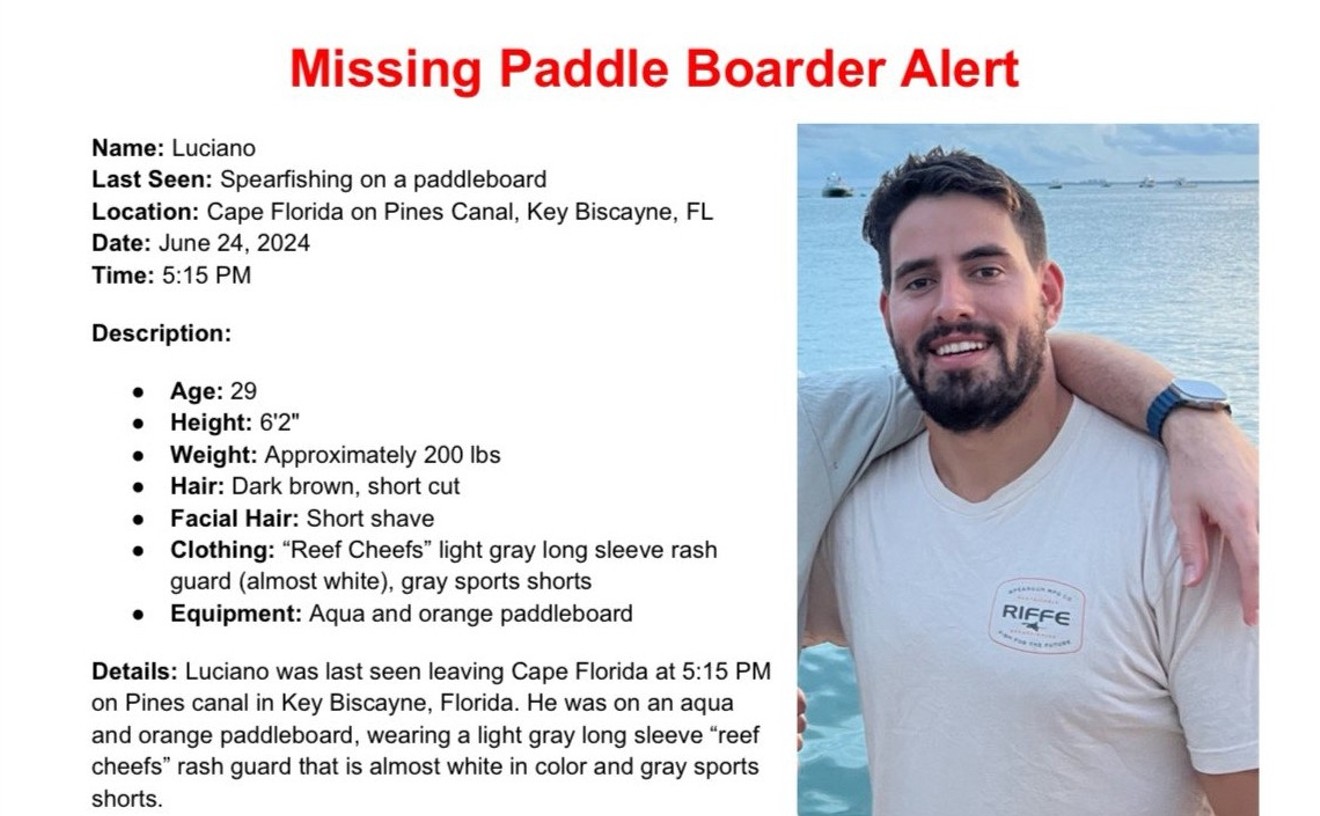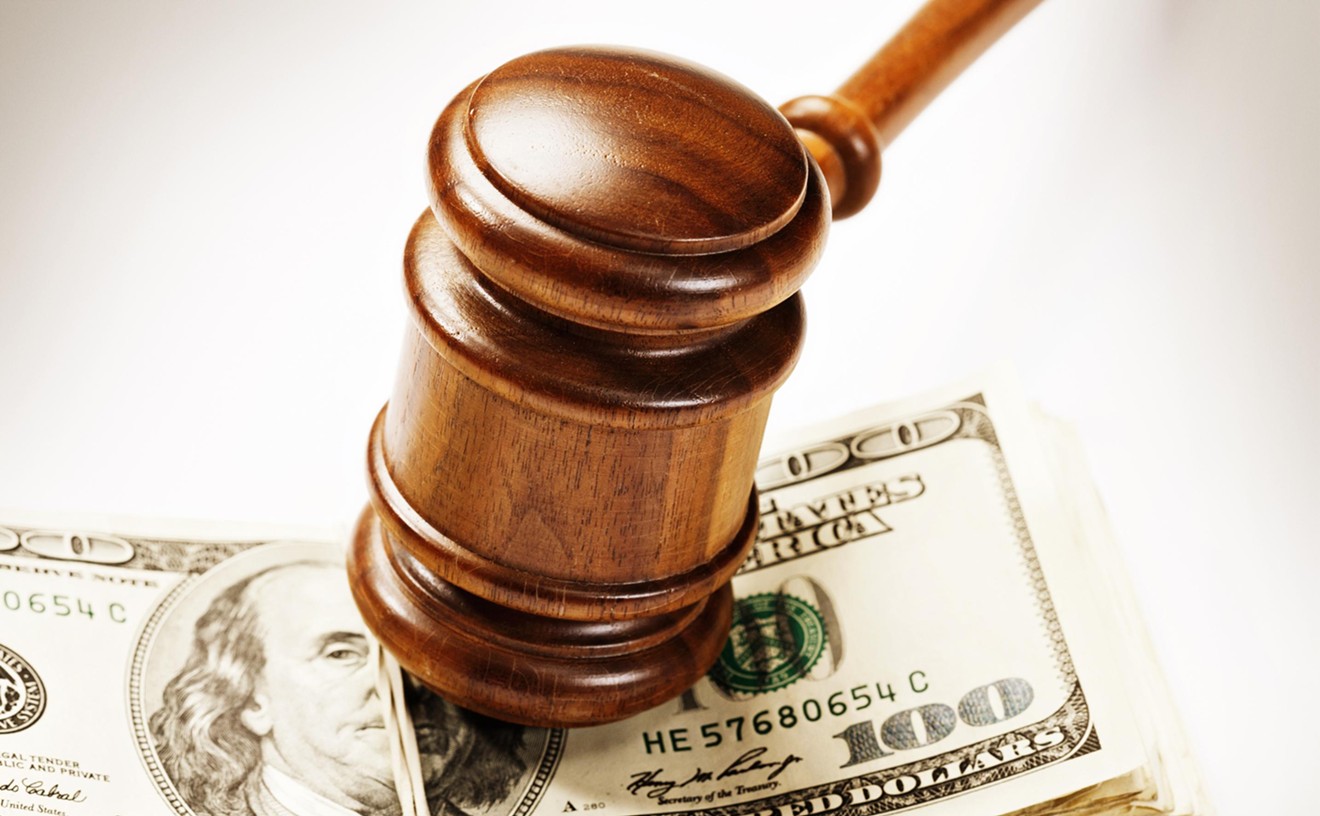On Friday, the U.S. Supreme Court sided 6-3 with a small Oregon town over its law prohibiting homeless people from camping out in public spaces. The court ruled that fining and imprisoning the homeless for sleeping outside, even if there is no available shelter space, does not amount to cruel and unusual punishment under the Eighth Amendment.
The decision's broad scope — finding that laws regulating camps on public property do not violate the Constitution — has nationwide implications.
The case has been closely monitored by local officials across the country who are uncertain about how to address emerging homeless encampments, and by advocates who are concerned about efforts to criminalize homelessness instead of building shelters and affordable housing.
"Let us be clear, this will make homelessness worse," the National Homelessness Law Center wrote in a statement.
The nonprofit asserts that arresting or fining people for "trying to survive" is "expensive, counterproductive, and cruel."
"Cities are now even more empowered to neglect proven housing-based solutions and to arrest or fine those with no choice but to sleep outdoors," the statement reads. "While we are disappointed, we are not surprised that this Supreme Court ruled against the interests of our poorest neighbors."
Supreme Court Justice Neil Gorsuch justified the ruling by arguing that federal courts should not be interfering with local homeless policy unless a clear constitutional violation is at play.
"The Constitution's Eighth Amendment serves many important functions, but it does not authorize federal judges to wrest those rights and responsibilities from the American people and in their place dictate this nation’s homelessness policy," he wrote.
The ruling paves the way for local governments to put in place policies to detain, arrest, and fine homeless people in an effort to curtail homeless encampments.
How Will the Ruling Affect Florida Homeless?
Robert Jarvis, a Nova Southeastern University law professor, notes that case law dating back to 2000 in Florida already allowed police to arrest homeless people for sleeping on the streets in some circumstances.The law stemmed from a civil case in which a homeless man named James Joel claimed that his Fifth, Eighth, and Fourteenth Amendments were violated after he was repeatedly arrested by Orlando police for sleeping on public property in defiance of city code. The 11th Circuit's ruling in the case found that arresting homeless people for sleeping on the street does not, in itself, violate constitutional protections against cruel and unusual punishments under the Eighth Amendment.
There was a caveat though: There was shelter space in the Orlando area where Joel was arrested. The judicial panel reasoned that he was voluntarily sleeping on public property, and that he therefore was not being punished solely over his "status" as homeless.
Under the new Supreme Court ruling, the availability of shelter space is no longer a factor in whether cities and counties can fine and arrest homeless people camped out in public places. The legal implications are still under scrutiny, but it appears that police in Florida can now detain the homeless regardless of whether the places in which they live offer anything resembling adequate shelter and resources.
"Under the old law, if you don't have shelter available to the homeless, then the principle was you can't lock them up. That made a lot of sense. You can't live without sleep," Ray Taseff, senior attorney at the Florida Justice Institute, says. "They've thrown that principle out the window now."
"Due to the unaffordability of housing, there's a large and growing segment of the population that can't find a place to live," Taseff adds. "Does anybody think homelessness is better because of a policy of arresting and using police to address a housing shortage, mental health issues, and poverty? It's insane."
Florida's homeless population was already under pressure from newly passed legislation in the statehouse.
Last March, Republican Gov. Ron DeSantis signed off on a controversial law that bars local governments from allowing homeless people to sleep in parks, on sidewalks, and other public spaces without designating those areas as homeless camps. The law, set to take effect in October, requires a majority vote from a city or county's governing body to designate a camp, along with safety and sanitation measures, with the costs to be borne by local government.
"Florida will not allow homeless encampments to intrude on its citizens or undermine their quality of life like we see in states like New York and California," the governor declared.
Critics of the legislation have condemned it as an effort to round up homeless people and conceal them from public view.
Jarvis tells New Times that "judges cannot solve this problem."
"You cannot litigate the problem of homelessness or solve it through litigation. You can only solve the problem of homelessness if, as a politician, you're willing to spend the money to solve it," he says.
Post-Pottinger
The old precedent for dealing with homeless arrests in many jurisdictions in Florida was modeled after the Pottinger agreement, a landmark settlement between the City of Miami and unhoused plaintiffs who said they had been incessantly harassed and detained by Miami police in 1980s.The settlement required Miami police to offer shelter space to homeless people before arresting them for life-sustaining activities such as sleeping in public places. A Florida judge terminated the protections in 2019.
Taseff says the Pottinger settlement would likely never have been possible if the Supreme Court precedent now in effect were around back in the 1980s
While working as a public defender in Miami in that era, Taseff recalls, Miami cops would round up homeless people and pack them into jails ahead of big sporting events and tourist conferences.
"You'd have scores of people who were homeless and poor being charged and run through the court system, only to be let out the same day. It was done solely for the purpose of improving the appearance of downtown to lead people to believe that Miami is a bright and beautiful place," Taseff says. "It was hiding this cruel reality that we live in a system where there are people who are poor, and through no choice of their own, are forced to live on the streets."
Homeless encampment sweeps that were initiated after the Pottinger settlement was terminated generated protracted lawsuits in which unhoused residents claimed their constitutional rights were violated. Several claimed their belongings, including memorabilia, ID, and medication, were collected and tossed out during the City of Miami sweeps.
After an appeals court upheld termination of the Pottinger protections, the City of Miami passed an October 2021 ordinance that banned homeless camps and outlined a procedure for arresting homeless residents who refuse to leave them.













